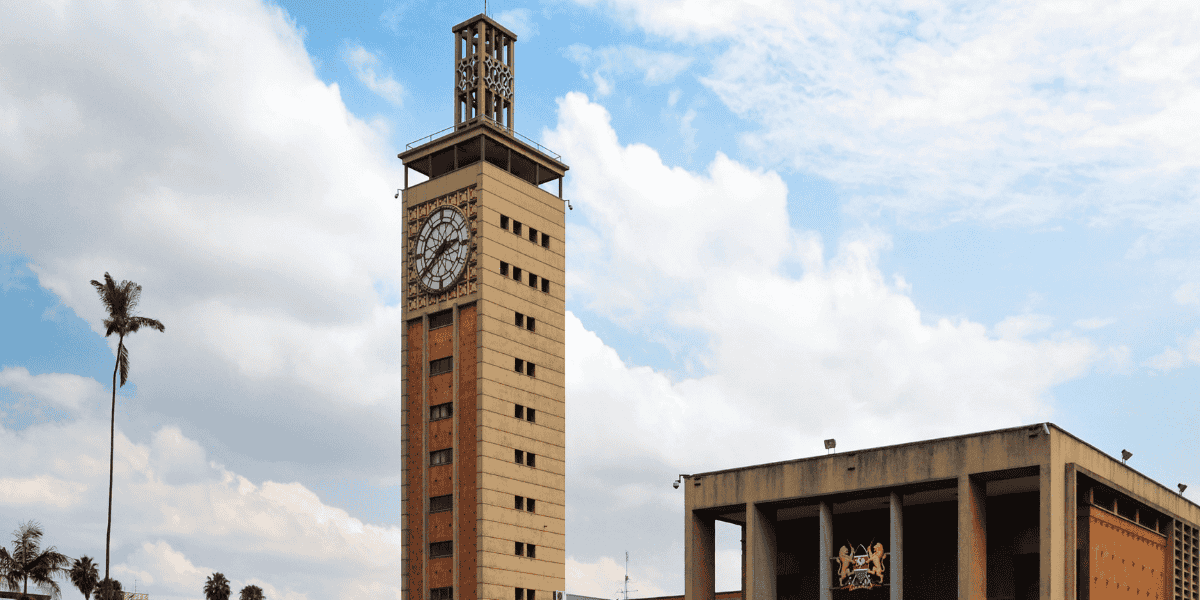The Kenya Revenue Authority (KRA) announced that it won a KES 1 billion case against a Chinese company involved in a missing trader VAT fraud.
Tax fraud investigations have exposed how a Chinese company fraudulently evaded payment of over KES 1 billion tax and transferred incomes through shell companies to accounts in China.
The fraud, mostly known as the “missing trader” tax evasion scheme, was demonstrated in an appeal filed by China Communications Construction Company Ltd at the Tax Appeals Tribunal (TAT) seeking to have a tax assessment of KES 1,047,557,661 set aside.
The firm is a majority state-owned, publicly traded, multinational engineering and construction company founded in China. The company is engaged in the design, construction and operation of infrastructure assets including highways, bridges, tunnels, railways, roads, airports, marine ports and oil platforms.
After hearing the KRA submissions of the case filed on 25 May 2023 in which the Commissioner for Investigations and Enforcement was the respondent, the TAT upheld the assessment and dismissed the appeal last Friday (9 August 2024).
KRA investigations conducted an audit on China Communications Construction Company Ltd’s affairs and issued it with an assessment on 3 February 2023 for VAT and income tax. The company objected to the KRA’s assessment and moved to the TAT, claiming that the audit was erroneous in fact and in law.
From the audit that led to KRA’s rejection of the taxpayer’s VAT input claims, KRA investigations established that the firm was involved in a complex tax evasion scheme that entailed claiming inflated input VAT for purchases that had not been incurred or were not related to genuine business activities using fictitious invoices obtained from both fraudulently registered and non-existent companies to avoid or reduce tax liabilities.
In this case, the TAT showed how China Communications Construction Company Ltd claimed input VAT of purchases of goods and services that were never supplied.
Detailed evidence showed that the Chinese firm claimed inflated input VAT from six fraudulently registered companies whose director’s as indicated in the company profiles were not aware of the existence of such companies as well as purchases and financial transactions.
The six companies are Dial an Errand Ltd (KES 638,251,386), Haru Limited (KES 156,532,074), Njafos Holdings Ltd (KES 256,932,293), Masaviru Investment Limited (KES 157,035,000), Math and Kith Investment Company Limited (KES 213,448,586), and Lunza Solutions Limited (KES 221,061,000).
The above six shell companies (tier two), with no known physical addresses and locations, would, in turn, claim input VAT of various amounts in hundreds of millions each from other shell companies (tier three) identified as Benlaz Company Ltd, Hao Yuan International Company Limited, Colila Ltd, Crystal Touch Company Ltd, Akubi Ltd, Homematt Ltd, and Ujenzi Suppliers Ltd. These tier three companies would also claim input VAT from two other shell/ companies (tier 4), such as Papaya Company Lt, in the hundreds of millions.
In the case of Njafos Holdings Limited for example, it was observed that the account signatory, George Makuthi Nderitu, was different from the director indicated by the Registrar of Companies, Simon Musyimi Musyoki whereas the registered director for Benlaz Company, Suleiman Odhiambo Oganga, stated that his identity had been used fraudulently to register the company and was unaware of any transactions.
Similarly, the registered director for Colila Limited, Lassina Coulibaly, left Kenya in 2006 based on the travel history from the Department of Immigration. On the other hand, Crystal Touch Limited by then had already been struck out from the Registrar of Companies’ records.
Apart from demonstrating that fictitious invoices generated in the whole scheme were used to legitimize the transfers and to reduce tax liability on the significant income received by the Appellant (Chinese firm), the financial transactions trail showed that the shell companies would be paid for the supply of construction materials but the subsequent recipients of the monies would immediately transfer the funds to their USD accounts and from which they wire to overseas including China.
In the end, the Tribunal noted that the elaborate tax avoidance scheme was proved considering that the said assertions were not shaken during cross-examination nor did the firm provide any evidence or proof to show that the KRA’s assertions were wrong or erroneous.
“The Appellant failed to address the issues of fraud and tax avoidance schemes raised by the Respondent’s witness. The moment the said witness completed its testimony asserting that the Appellant had been involved in an elaborate tax avoidance scheme the burden of proof shifted to the Appellant to provide evidence by way of affidavit, witness statements or otherwise to rebut these assertions. This was not done in this case,” Tribunal ruled.
The Tribunal further held that KRA’s testimony showed that the totality of the firm’s transactions did not support a reasonable commercial transaction but was instead an elaborate scheme to avoid payment of tax in Kenya.












